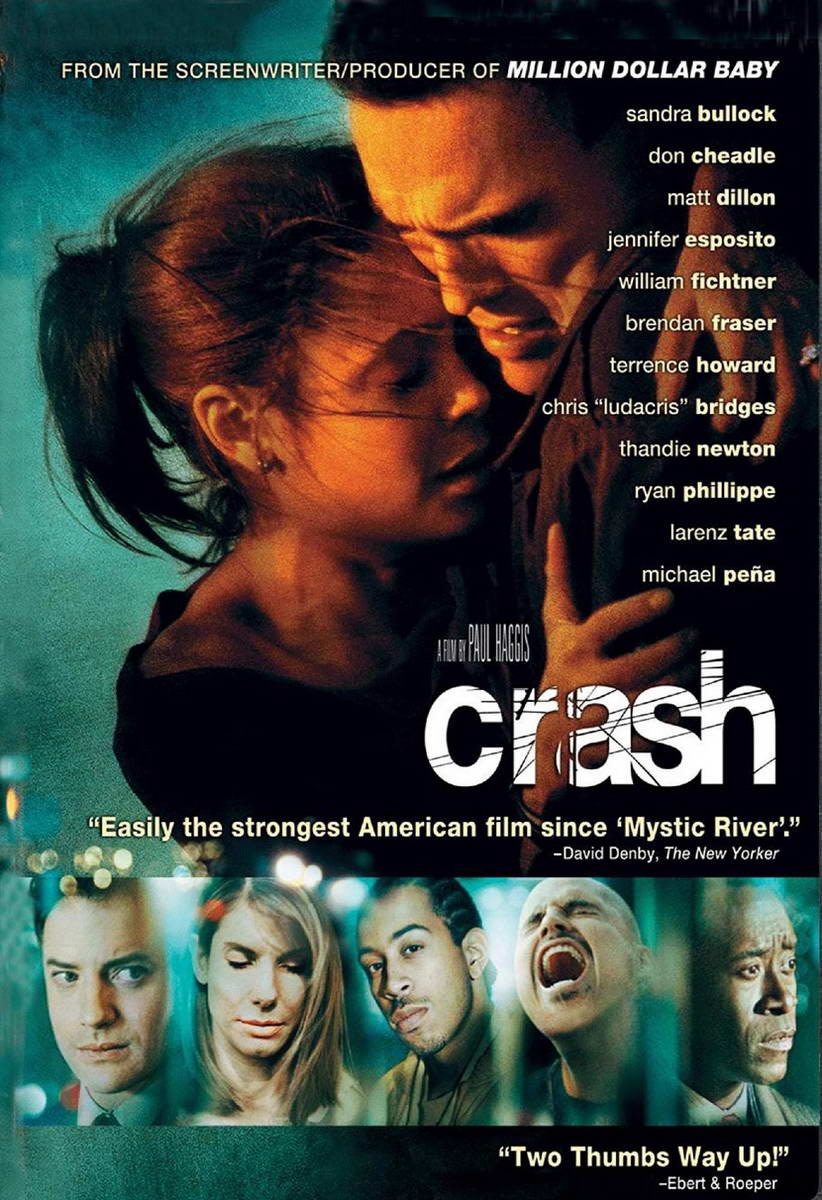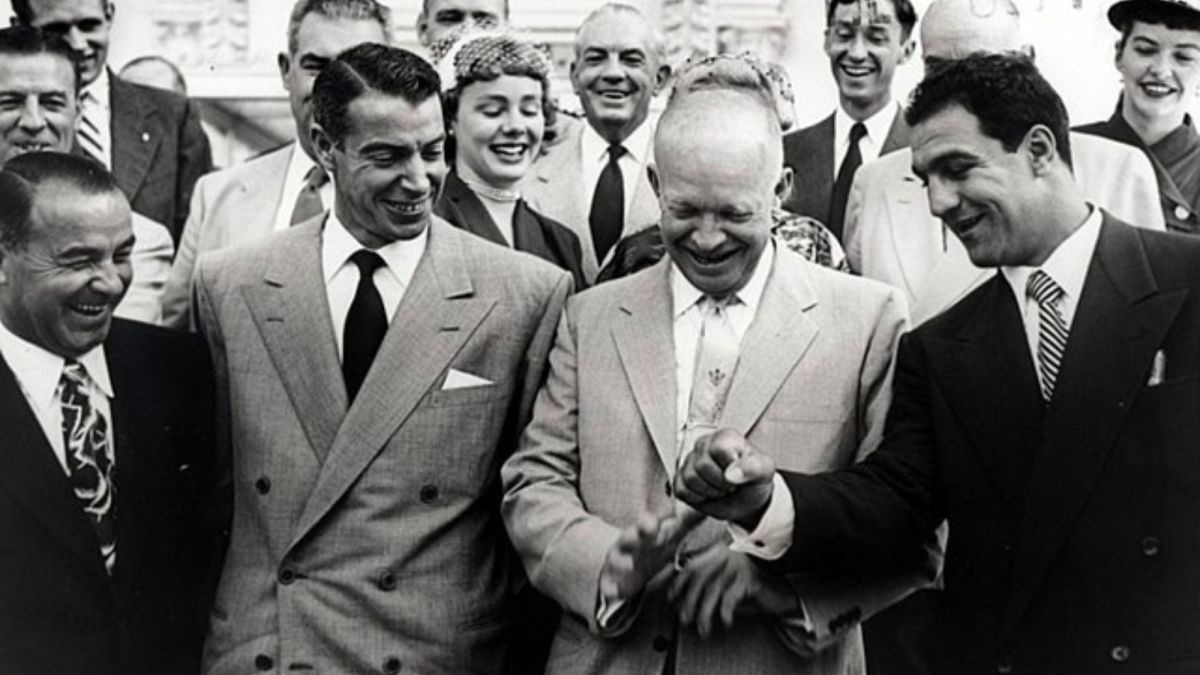Understanding the Connection Between Sociology and Psychology
Understanding Sociology and Psychology How They Play Together
Where does Sociology fit into the pretense of Psychology? Understanding sociology and how is differs from Psychology and how the two playoff of each other is crucial in trying to understand people in general and the individual persona.
Sociology as a definition is “the systematic study of human societies” (Newman, 2012), while Psychology is defined as “the scientific study of behavior and mental processes” (Myers, 2009). Both are obviously studies and sociology studies the behavior of societies while psychology studies the behavior of the individual.
Both interact closely with the other, the thoughts of the individual affecting the thoughts of the many, and the thoughts of the many affecting the thoughts of the individual.
In general, in America, we tend to look at adults as individuals and children (teens) more as a group setting. When an adult has a problem and is deemed unstable, we often look at the person as the root problem. “If they could just get their act together.” Or “She always picks the wrong kind of guys.” While a troubled youth would be categorized as “Coming from a troubled home, or a fatherless home” or “He is hanging around with the wrong crowd.” These are clear examples of trying to separate the psychological and the sociological from the equation.
Let’s take a moment to look at “Judy”, she is 30, unemployed, drinks, and usually dates a guy for a few weeks to a couple months. Most would look at her as being “unstable” not realizing that maybe she worked for a company for 5 years after finishing her education and received a master’s degree and due to layoffs was forced into unemployment, she is now viewed as overqualified by most service jobs, afraid that she might leave as soon as she finds a better job. Feeling isolated at home she has been trying to find adult entertainment, which is limited in her area to bars and clubs or going to see movies by herself.
She feels the need for companionship, because at 30 she should be married, and her mom reminders her of this whenever they talk. She meets a guy in a bar and they begin to socialize but after a few weeks the newness of the relationship wears off and they begin to see other people.
This is just looking at the social side of “Judy”, the psychological side may reveal that after losing her job, she became depressed, compounded by the inability to find stable employment. She tried to fight the depression socially, which is one of the things most psychologists would suggest (although not in bars/clubs), but her continued depression prevents her from feeling “worthy” of the guys she meets so she ends the relationship and with the reminder from her mom she realizes she needs to try again, continuing the cycle.
Many would think she is free to make her own decisions and could easily overcome if she got her act together, but it is difficult to do without proper social support, maybe a singles club, better support from mom, government assistance, and better job market. Her “depression” would probably be cured, but instead it is often medicated not fixing the problem at the root source.
We as people tend to believe we make free choices, how many of you spend time on facebook, because you don’t feel you have any other way to keep up on people, for years phones, mail and visiting with the neighbors were the primary forms of communication. Now it is not uncommon for a parent to text their kid and tell them that dinner is ready.
These changes in society, some for the better some for the worse, change our choices without us really even noticing. Most people would probably love to spend more time with family, but other things that make keeping up with society a necessity. In the 70’s it was common for one parent to work and one to stay home, now that both parents work (if both parents are still in the home) children are left to raise themselves, when they are older they will raise their children to be more independent and families have a risk of becoming even more shattered, with a possible steady increase in youth crime and other forms of delinquency.
It isn’t just the big issues that society makes immense influence in our everyday life and personal choices. During the late 80’s most teenage girls wore big curly hair, loaded with hairspray to keep it in place, today it is just the opposite straight hair or chopped short and given a spiked or layered look. Even most of our meal plans are not what we would personally desire; with 68% of Americans being considered overweight or obese, 90% of Americans believe they eat healthy (Berger, 2011). Of obese people msnbc.com stated that 75% of them believe they eat healthy and 40% of them believe they do vigorous exercise (Associated Press, 2006). What is viewed as healthy eating by our society is in fact not truly healthy and even exercise can be misconceived. In an age of have it your way, and drive though burgers and mega gulp drinks it is easy to understand where it is going wrong.
In May 2012 New York City’s Mayor Michael Bloomberg proposed a ban on large sugary drinks in an attempt to improve public health and hoping to reduce the 4 billion that New York spends a year on obese related health costs (Forer, 2012). Some may view this as government intervention but this is also a sociological intervention, as society is applying more pressure to be healthy and fight obesity. This in turn should affect some people to make changes in their lives to try and contain their obesity but may cause depression in those who are unable to do so.
As you can see sociological influences directly affect the personal mind and can easily effect the attitude and possibly even the psychological stability of a person. It works both ways too. Throughout history there have been individual people good and bad that have changed the way society has viewed things. Some primary examples are Hitler, Stalin, Bin Laden, and on the positive side, Gandhi, Martin Luther King, Mother Teresa. These people have had immense influence in the thought and actions of society over the years.
On a smaller scale a single person can influence scores of others just by what they post on facebook, which enables people to share or “like” these thoughts or ideas. A negative effect, looked at in my article about cyberbullyng is that these comments can have profound negative effects which can affect the victims mental stability and can lead to severe depression and or suicide.
It is important to realize that when making decisions to evaluate whether or not these decisions are true to yourself, or influenced by outside sources, and then question what the effect of these on other people or possibly society in general.
Works CitedAssociated Press. (2006, Augest 2). 75 Percent of Obese People Say They Eat Healthy. Retrieved from msnbc.msn.com: http://www.msnbc.msn.com/id/14140990/ns/health-diet_and_nutrition/t/percent-obese-people-say-they-eat-healthy/#.T8ky3NVDx2A
Berger, E. (2011, January 4). A whopping 90 percent of Americans think they eat a healthy diet. Retrieved from Chron.com: http://blog.chron.com/sciguy/2011/01/a-whopping-90-percent-of-americans-think-they-eat-a-healthy-diet/
Forer, B. (2012, May 31). New York Mayor Michael Bloomberg Proposes Ban on Large Sodas. Retrieved from abcnews.go.com: http://abcnews.go.com/Health/york-city-mayor-michael-bloomberg-proposes-ban-large/story?id=16466872#.T8k14dVDx2A
Myers, D. G. (2009). Psychology in Everyday Life. New York: Worth.
Newman, D. M. (2012). Sociology 9. Thousand Oaks: Sage Publications, Inc.








